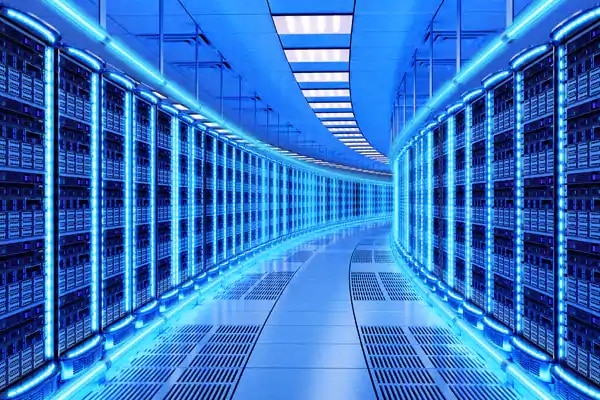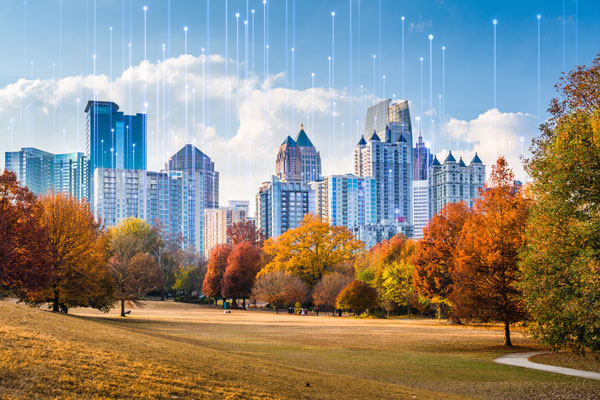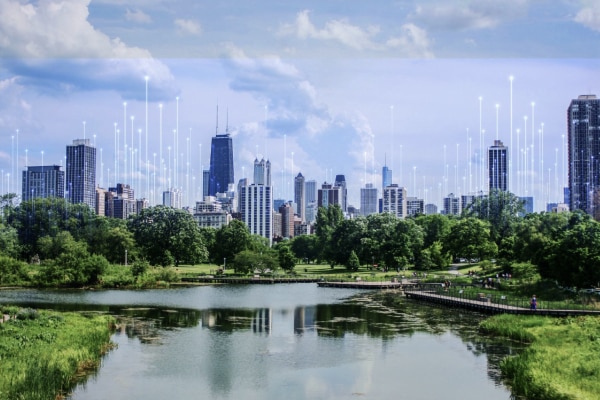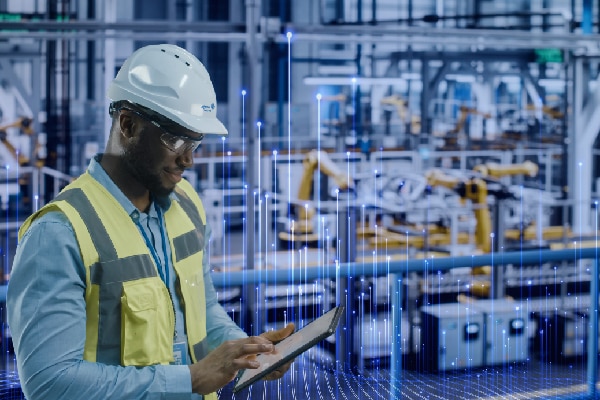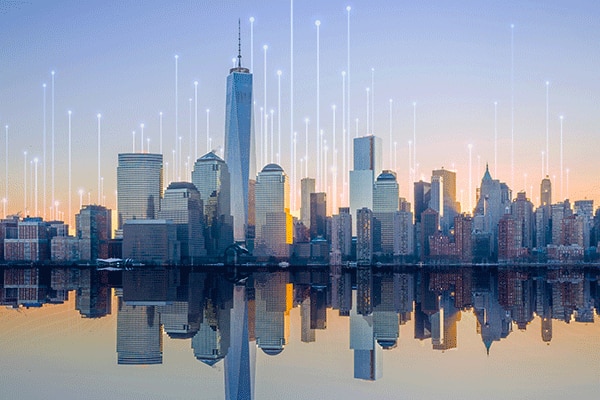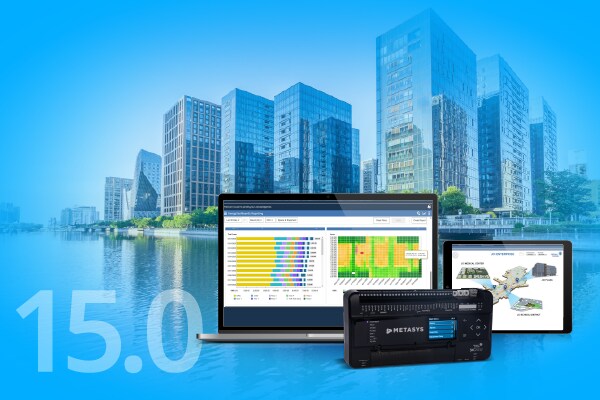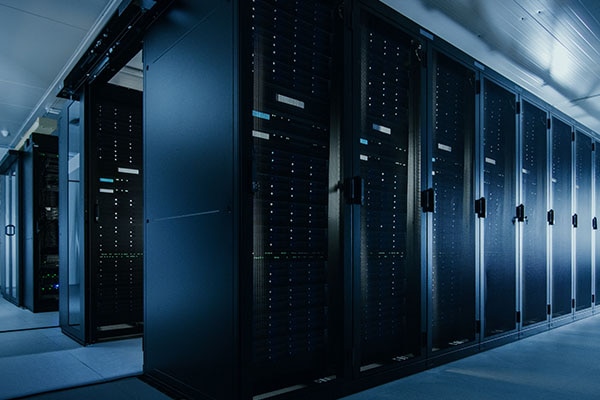The Path to Net Zero Carbon Buildings
In the coming years, we must transform how we develop and maintain our buildings, addressing their significant contribution to the UK’s carbon footprint.
Achieving our climate goals will require energy-efficient upgrades across the built environment, but introducing more net zero carbon buildings will enable us to reach targets like those outlined in the Paris Climate Agreement. Partnering with Johnson Controls can be immensely beneficial to pave the way for sustainability and create a greener future.
Don’t Feel Overwhelmed
Embarking on a journey to achieve a net zero carbon building can be overwhelming, especially considering the vast amount of information surrounding sustainability.
To navigate this landscape effectively, it’s best to first look at the concepts and terminologies associated with sustainability and net zero buildings.
What Are Net Zero Carbon Buildings?
The UK Green Building Council has developed a framework that defines net zero carbon buildings as structures that offset their emissions or generate renewable energy on-site throughout their construction and long-term operation.
However, it is essential to acknowledge that the term is subject to some ambiguity, and guidelines for green building development will continue to evolve over time.
Despite this ambiguity, one thing is clear: we must act now. Understanding the objectives of net zero carbon buildings, such as the Climate Pledge that Johnson Controls is committed to, can help with choosing energy-efficient building upgrades and aligning your goals with global sustainability initiatives.
Using Technology For Net Zero Buildings
Smart Building Technology
An integral part of the move towards net zero buildings lies in implementing Smart Building Technology, to create a more efficient building management system using operational and external information technology.
Smart Buildings optimise space usage, reduce the environmental impact of building systems, and play a crucial role in achieving carbon targets such as creating net zero buildings.
HVAC Decarbonisation
Heating and cooling systems in buildings contribute to around 40% of total carbon emissions in the UK, with many HVAC systems currently relying on fossil fuels such as gas. Building owners and managers must invest in electric systems and undergo HVAC decarbonisation to limit emissions and move closer towards net zero carbon buildings.
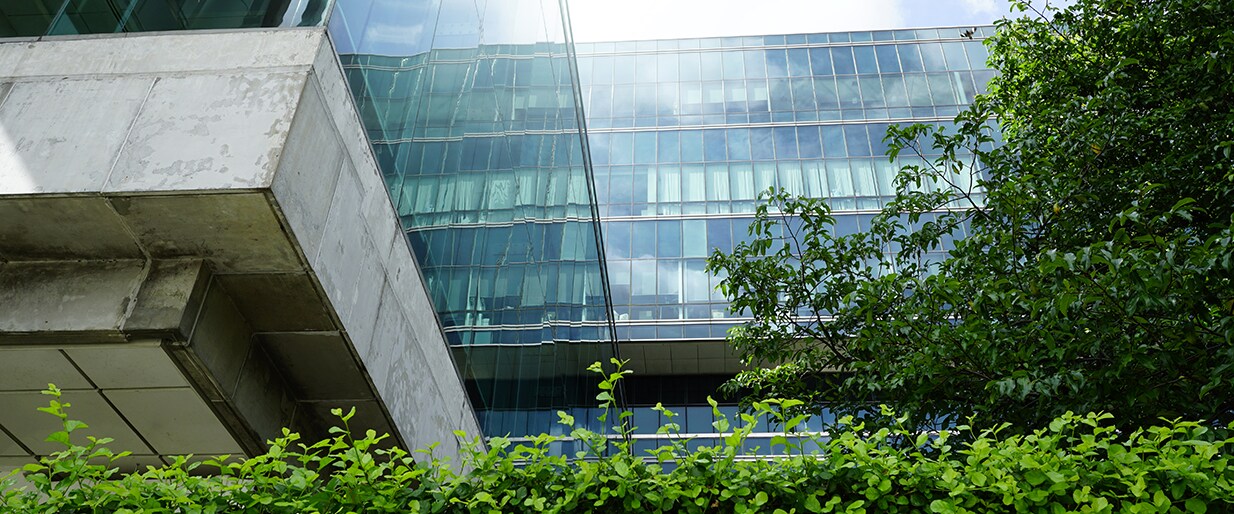
Additional Upgrades For Net Zero Buildings
Several additional upgrades can contribute significantly to achieving sustainability goals and creating net zero carbon buildings, including:
- Using on-site renewables: Installing solar panels or other on-site renewable energy sources can offset a building's energy consumption and reduce reliance on grid power.
- LED lighting: Making a simple switch to energy-efficient LED lighting can make a significant reduction in electricity consumption, as well as contribute to overall energy efficiency.
- Refurbish older properties: Upgrading and retrofitting older buildings with energy-efficient technologies, insulation, and smart systems can significantly improve their sustainability performance.
- Choosing low-carbon and recycled materials: Opting for construction materials with low carbon footprints and incorporating recycled materials can minimise the environmental impact of building projects.
- Localise building supply chains: Promoting local sourcing of materials and equipment reduces transportation-related emissions and supports the local economy.
Investment
Embarking on the path to net zero carbon buildings delivers long-term benefits, from ensuring compliance with emissions targets to reducing operational costs as energy efficiency improves.
However, undertaking such a transformation requires an upfront investment, especially when upgrading existing buildings. The good news is that solutions are available to support building sustainability initiatives.
The Path To Net Zero Carbon Buildings
Johnson Controls offers a comprehensive suite of solutions to support the journey toward net zero carbon buildings; we want to help you achieve your sustainability goals.
With our OpenBlue suite, we provide a smart building solution that integrates various technologies for effective building management. On top of that, we offer HVAC Systems designed specifically for decarbonisation, addressing the significant carbon emissions associated with heating and cooling systems.To learn more about how Johnson Controls can assist you in reaching your net zero building goals, get in touch with our experts to get started on your journey.






















.jpg?la=en&h=320&w=720&hash=244C75B74F0F77521D56164450973BCD)

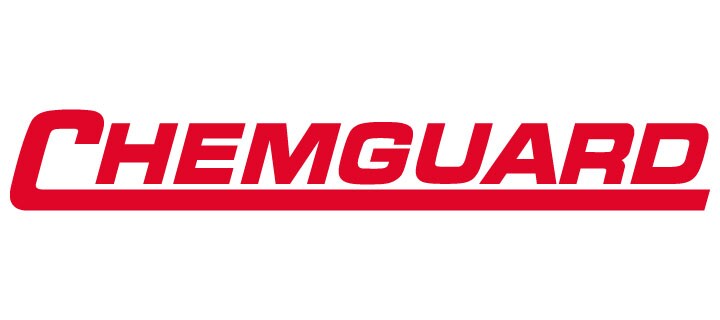
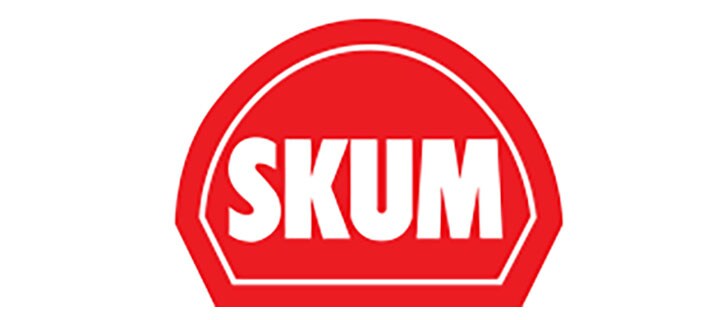



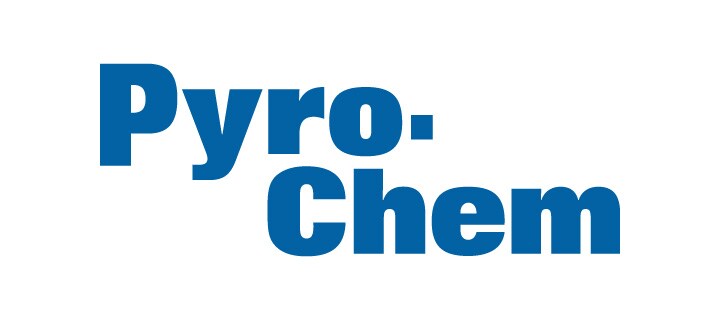







.jpg?la=en&h=310&w=720&hash=8D9823F26AA80B2B75C3E4B2E61770DC)


.jpg?la=en&h=320&w=719&hash=13CA7E4AA3E453809B6726B561F2F4DD)
.jpg?la=en&h=306&w=720&hash=F21A7CD3C49EFBF4D41F00691D09AEAC)

.png?la=en&h=320&w=720&hash=18CFCCD916C92D922F600511FABD775D)






